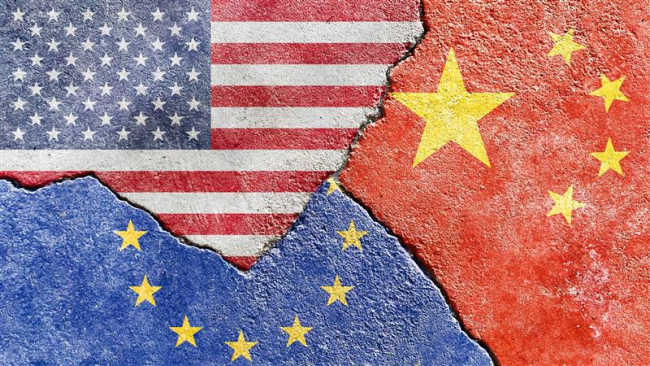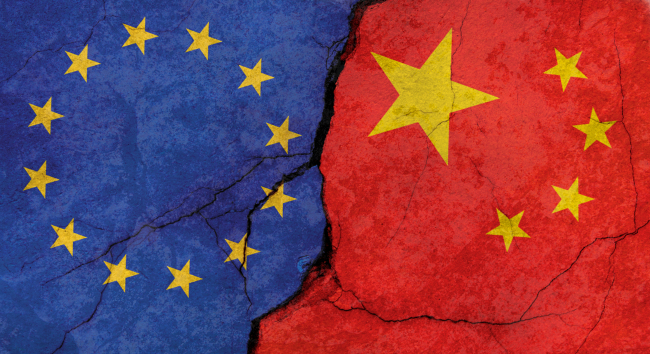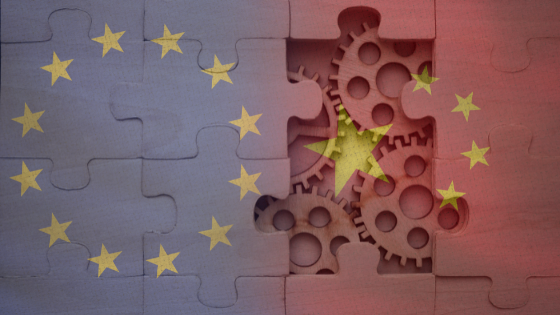European Think-tank Network on China (ETNC)
The European Think-tank Network on China (ETNC) is a gathering of China experts from a selection of European research institutes. It is devoted to the policy-oriented study of Chinese foreign policy and relations between China and European countries as well as China and the EU. It facilitates regular exchanges among participating researchers with a view to deepening the understanding within the European policy and research community and the broader public of how Europe, as a complex set of actors, relates with China and how China’s development and evolving global role is likely to impact the future of Europe. The network’s discussions and analyses take a decidedly ‘bottom-up’ approach, accounting for the various aspects of bilateral relations between European countries and China, and the points of convergence and divergence among EU member states in order to examine EU-China relations in a realistic and comprehensive way. The views presented in ETNC reports are the sole responsibility of the signed authors and do not in any way represent the views of all members of the ETNC, its participating institutions, nor the institutions with which the authors are affiliated.
Read more


Research Fellow, Center for Asian Studies, Ifri
Titre Axe de recherche
ETNC's History
The network was first launched on the initiative of the Elcano Royal Institute and the French Institute of International Relations (Ifri) in Brussels on 6 November 2014. This meeting brought together experts from eleven EU member states, as well as observers from EU institutions. The ETNC members decided to meet in a different capital every six months and the Mercator Institute for China Studies (MERICS) joined Elcano and Ifri in their efforts to move the project forward. Meetings have been subsequently held at Elcano’s offices in Madrid (April 2015), the MERICS offices in Berlin (November 2015), the ESCCA School of Management in Budapest (April 2016), the Institute of International Relations in Prague (October 2016), the Finnish Institute of International Affairs in Helsinki (May 2017), the Istituto Affari Internazionali in Rome (October 2017), the University of Aveiro in Portugal (May 2018), the Latvian Institute of International Affairs/Riga Stradins University in Riga (October 2018), the Institute of International Economic Relations in Athens (May 2019), the Netherlands Institute of International Relations, Clingendael, in The Hague (October 2019), the French Institute of International Relations (Ifri) in Paris (May 2022), the MERICS offices in Berlin (November 2022), the Austrian Institute for European and Security Policy (AIES) in Vienna (April 2023), the Swedish Institute for International Affairs/Swedish National China Centre in Stockholm (October 2023), the Institute of International Relations and Political Science (IIRPS) of Vilnius University in Lithuania (April 2024), the Economic Policy Institute (EPI) in Sofia (October 2024), and the Romanian Institute for the Study of the Asia-Pacific (RISAP) in Bucharest (May 2025). The network now counts members from 24 research institutes in as many countries, and each participates on the basis of equality.
ETNC strives for independent policy research and analysis and, since its inception, is entirely funded by its participating members. The topics treated in ETNC reports are debated and decided upon collectively by its members.
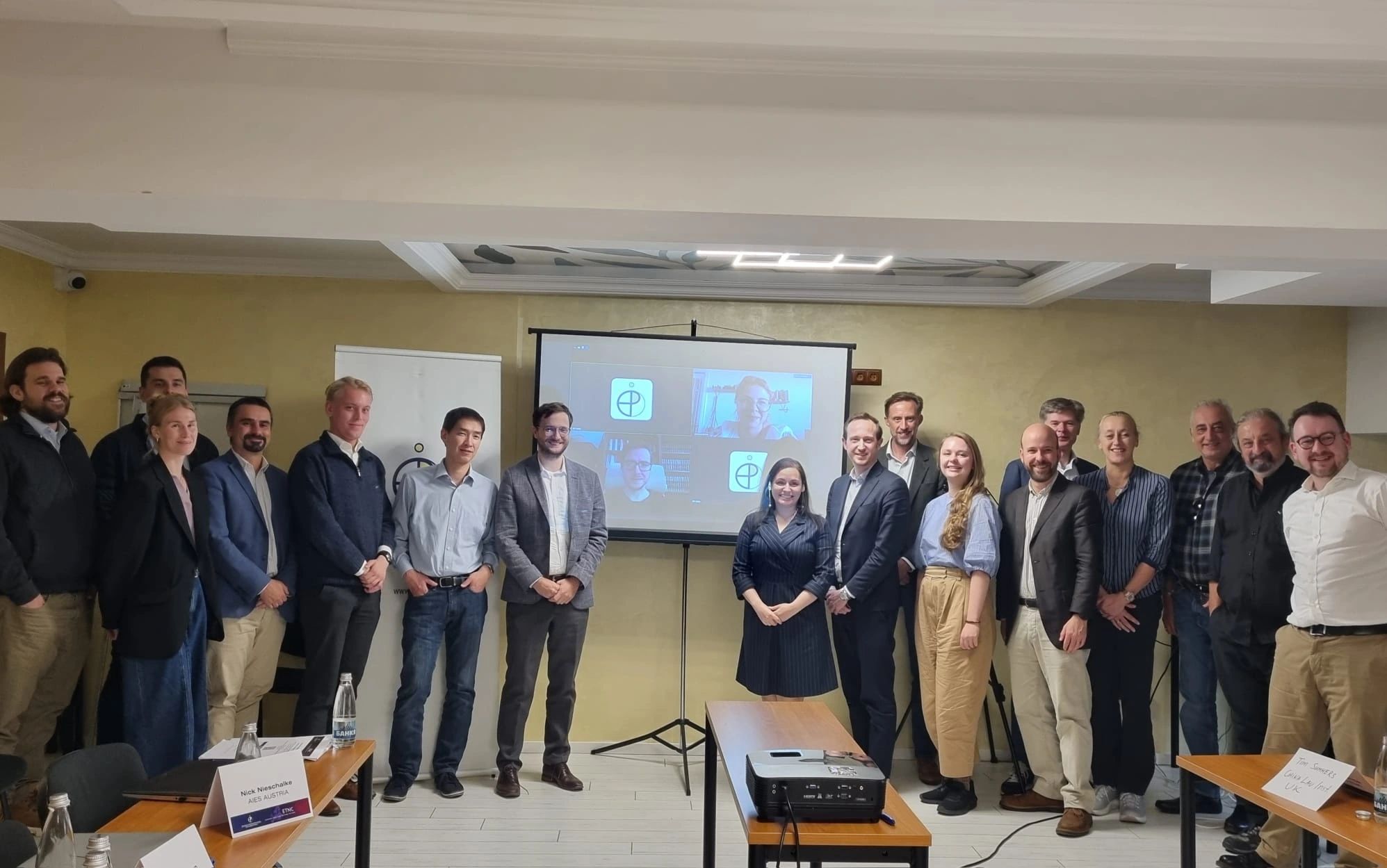
Titre Axe de recherche
List of Institutions Contributing to ETNC
- Austria : Austrian Institute for European and Security Policy (AIES)
- Belgium : Egmont Royal Institute for International Relations
- Bulgaria: Economic Policy Institute (EPI)
- Czech Republic : Institute of International Relations (IIR)
- Denmark : Danish Institute for International Studies (DIIS)
- Estonia: International Centre for Defence and Security (ICDS)
- Finland : Finnish Institute for International Affairs (FIIA)
- France : French Institute of International Relations (Ifri)
- Germany : Mercator Institute for China Studies (MERICS)
- Greece : Institute of International Economic Relations (IIER)
- Hungary : Corvinus University of Budapest
- Italy : Istituto Affari Internazionali (IAI)
- Latvia : Latvian Institute of International Affairs (LIIA)
- Lithuania: Institute of International Relations and Political Science (IIRPS), Vilnius University
- The Netherlands : The Netherlands Institute of International Relations, ‘Clingendael’
- Norway : Norwegian Institute of International Affairs (NUPI)
- Poland : Polish Institute of International Affairs (PISM)
- Portugal : University of Aveiro
- Romania : Romanian Institute for the Study of the Asia-Pacific (RISAP)
- Slovakia : Central European Institute of Asian Studies (CEIAS)
- Slovenia: University of Ljubljana, School of Business and Economics
- Spain : Elcano Royal Institute
- Sweden : Swedish National China Centre, The Swedish Institute of International Affairs (UI)
- United Kindgdom : Lau China Institute, King's College London
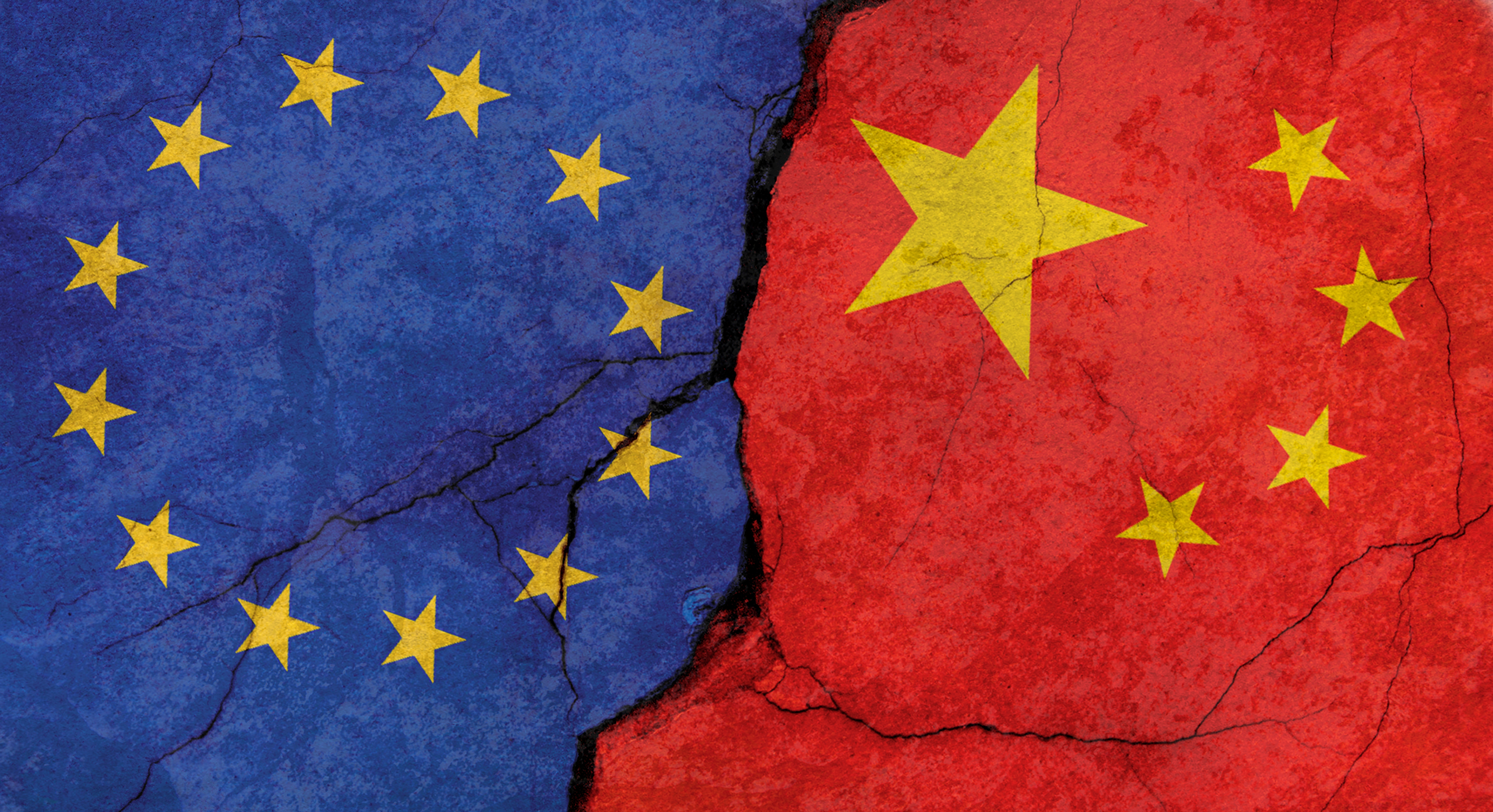
Publications
Quest for Strategic Autonomy? Europe Grapples with the US - China Rivalry
Building on the 2020 European Think Tank Network on China (ETNC) report, which assessed Europe’s positioning amid the strategic rivalry between the United States and China, this edition re-examines the geopolitical landscape in light of the Covid-19 pandemic, Russia’s war in Ukraine and Donald Trump’s return to the White House. This report features 22 national chapters and one dedicated to the EU, analysing the evolution of Europe’s relations with Washington and Beijing, the range of approaches to dealing the US-China rivalry and how these are expected to evolve.
National Perspectives on Europe's De-risking from China
The concept of “de-risking” has become a significant focus for the European Union (EU) in managing its relations with China since first proposed by European Commission President Ursula von der Leyen in March 2023. However, the interpretation and policy responses to de-risking vary across Europe, reflecting diverse national perspectives.
From a China strategy to no strategy at all: Exploring the diversity of European approaches
While there is now new momentum in the relationship between Europe and China, considerable variation remains in approaches across the continent, from clear-cut strategies to more ambiguous policies, complicating a common European position.
Dependence in Europe's Relations with China: Weighing Perceptions and Reality
The idea that Europe has grown dependent on China is now a common refrain, but just how is this notion understood in capitals across the continent?

China's Soft Power in Europe: Falling on Hard Times
Analysis from 17 countries and EU institutions reveals that Chinese soft power in Europe – defined as the ability to influence preferences through attraction or persuasion – has seen better days.

Covid-19 in Europe-China Relations: A country-level analysis
Analysis from 19 countries reveals the complexities of Europe’s relations with China amid the Covid-19 crisis.

Europe in the Face of US-China Rivalry
Navigating the mounting tensions between the United States and China is a geopolitical minefield. Is Europe up to the challenge?
Political Values in Europe-China Relations
What role do political values play in Europe-China relations 70 years after the signing of the Universal Declaration of Human Rights?
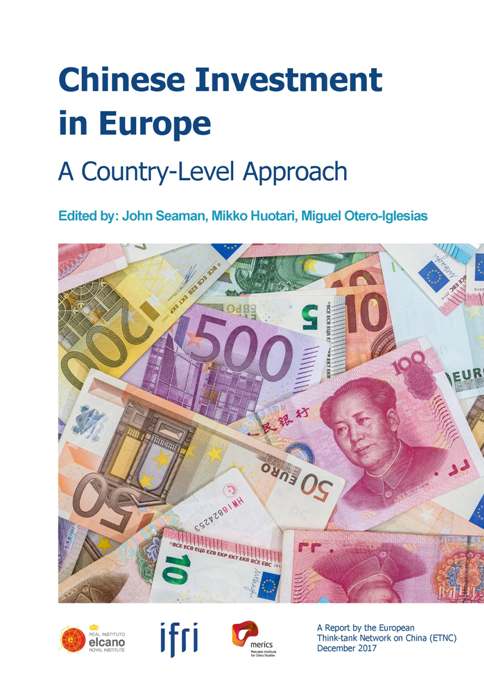
Chinese Investment in Europe. A Country-Level Approach
Chinese investments in Europe have surged in recent years, becoming both a source of hope and growing concern across the continent.
Europe and China's New Silk Roads
As China elaborates on the design of its "Belt and Road Initiative" (OBOR), the place of Europe within this project is slowly but surely taking shape.
Related research programs
Support independent French research
Ifri, a foundation recognized as being of public utility, relies largely on private donors – companies and individuals – to guarantee its sustainability and intellectual independence. Through their funding, donors help maintain the Institute's position among the world's leading think tanks. By benefiting from an internationally recognized network and expertise, donors refine their understanding of geopolitical risk and its consequences on global politics and the economy. In 2025, Ifri supports more than 80 French and foreign companies and organizations.







